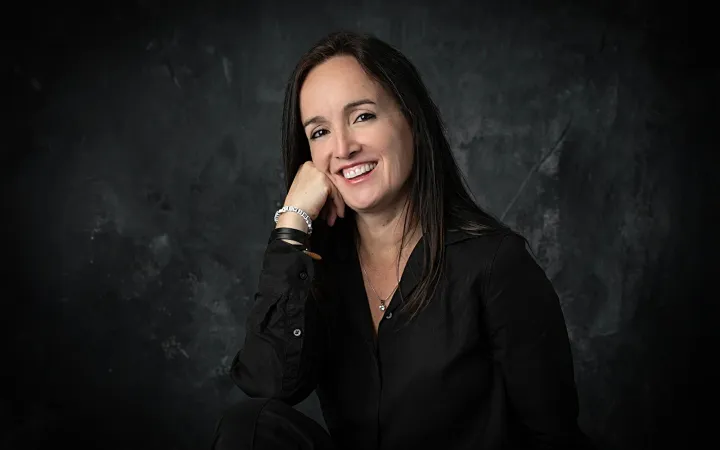
Por Consuelo Sáizar de la Fuente
A mediados de los años treinta del siglo pasado, en Guadalajara, Jalisco, dos jóvenes sentados uno al lado del otro, frente a una mesa de precario equilibrio, transcriben cada uno en su respectivo cuaderno un libro que les prestó un amigo que acaba de regresar de España, donde había adquirido el ejemplar. ¿El título? El romancero gitano, de Federico García Lorca, editado en la península en 1928, escasamente un lustro antes.
- ¡No teníamos dinero para comprarlo! -me dijo uno de ellos hace poco más de dos décadas, en una comida en el Fondo de Cultura Económica.
- Deja tú el dinero -añadió el otro- que claro que no lo teníamos, ese libro no se podía conseguir en México, ni en librerías ni en bibliotecas, así que lo transcribimos para poder leerlo cuantas veces quisiéramos. Eso hacíamos usualmente con los libros que nos gustaban -añadió- los copiábamos casi siempre a mano, muy pocas veces a máquina.




